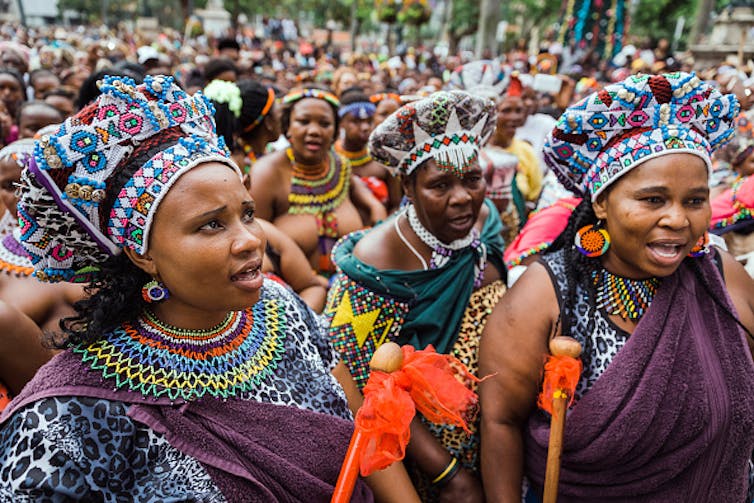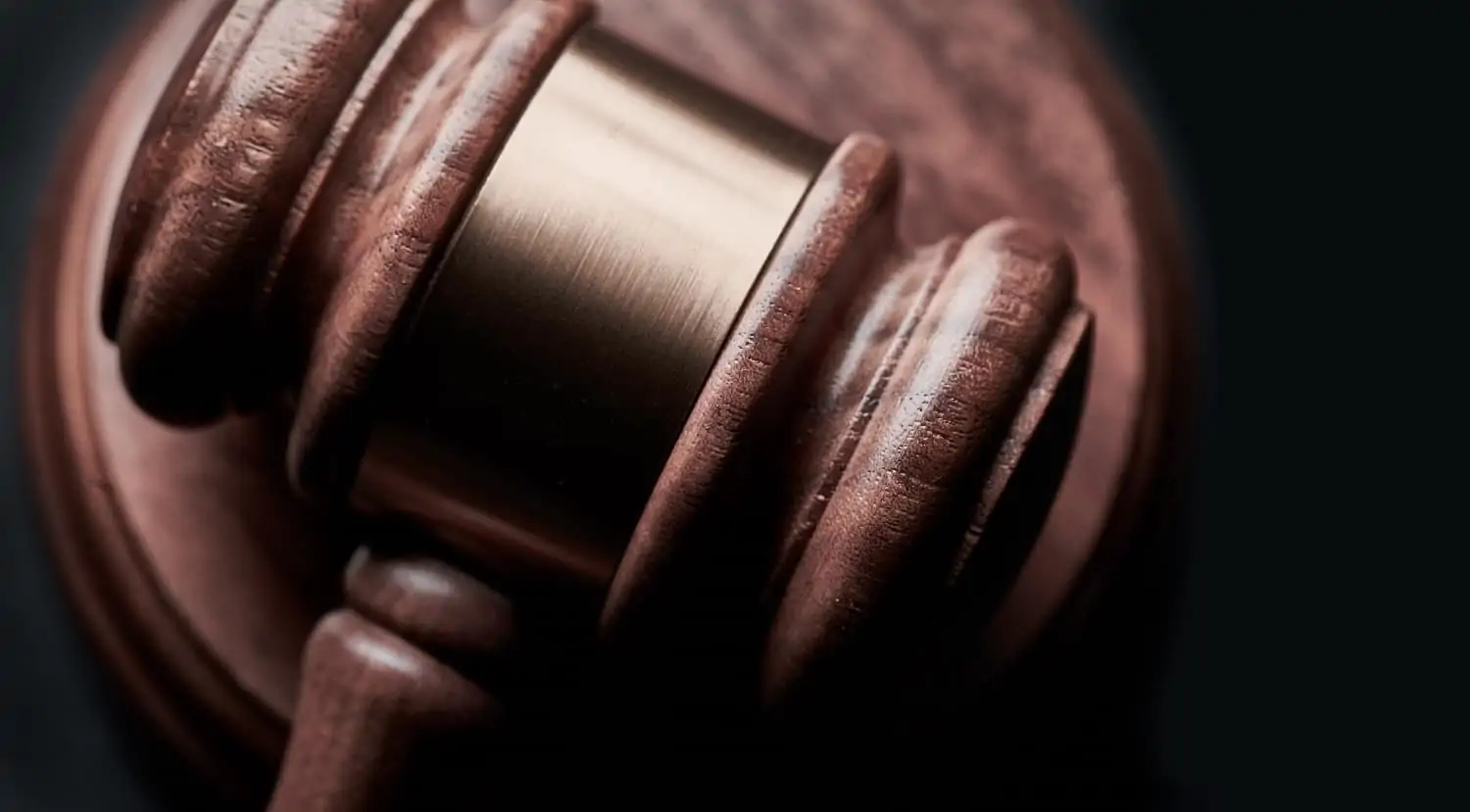Fatima Osman, University of Cape Town
South Africa’s Traditional Courts Bill, aimed at regulating traditional courts, has been put on hold amid concerns over its legality.
Traditional courts operate in South Africa’s rural areas under traditional leaders. Traditional leadership is recognised by the constitution in accordance with customary law.

The courts apply unwritten versions of customary law – the practices of an indigenous community – and are recognised as courts in the South African legal system. Their proximity to communities, informal nature and accessibility make them the first port of justice for millions of citizens in rural areas.
The colonial-era Black Administration Act of 1927 regulates traditional courts, but its provisions are largely outdated and ignored. In theory the courts have limited jurisdiction and powers, but these are often exceeded in practice. They hear a range of disputes surrounding marriage and inheritance as well as matters of assault and rape. Courts impose sanctions such as fines, corporal punishment and banishment.
The National Assembly has paused on passing the Traditional Courts Bill to obtain legal opinion on the constitutionality of failing to provide people with a right to opt out of proceedings in traditional courts.
The bill, if passed into law as it stands, will compel people who are summoned to appear before a traditional court to do so – even where they dispute the legitimacy of the court and the traditional leader.
A previous version of the bill allowed people to refuse to participate without giving any reasons.
The change is thought to be due to pressure from traditional leaders to secure and strengthen their interests. It undoubtedly does so. The state’s willingness to appease traditional leaders may be due to a belief that traditional leaders bring rural voters.
However, denying people the right to opt out of the traditional court system conflicts with the notion of customary law as a voluntary and consensual system of law. It may also unjustifiably infringe the rights to a fair trial and equality.
Infringement of rights
Forcing individuals to attend a traditional court arguably infringes the right to culture and to associate with a traditional authority of choice. Traditionally, customary law was consensual in nature. Leaders gained authority and legitimacy from people who voluntarily affiliated to them. It was colonial and apartheid legislation that gave traditional leaders jurisdiction over fixed areas and disrupted the voluntary nature of customary law.
More worryingly, making attendance at a traditional court mandatory may infringe the rights to equality and a fair trial.
Traditional courts are notoriously dominated by men, with power imbalances often favouring traditional leaders. The Traditional Courts Bill further excludes legal representation – a constitutional right in criminal matters. While the courts are not technically meant to have criminal jurisdiction, this is blurred as the courts may investigate a range of criminal offences.
The potential for abuse is increased by the fact that customary law governs the rules of evidence and procedure. Yet, there is no single, defined system of customary law. It differs between indigenous groups and from area to area. Furthermore, it is unwritten. It is, therefore, impossible to determine from the outset whether individual fair trial rights are adequately protected.
Forcing citizens in rural areas – generally the poorest and most vulnerable in society – into traditional courts will subject them to a different justice system from their urban counterparts.
As they are not required to consent to the different treatment or at least exclude themselves from it, there is arguably an infringement of the rights to equality and a fair trial.
Some of the harshness of locking people into traditional courts is ameliorated by the bill not criminalising the failure to appear when summoned, nor allowing for an order to be granted in a person’s absence.
People may also appeal decisions of traditional courts to the common law courts after the customary procedures are exhausted. While this gives people some leeway, appeals are a long and protracted processes, and many people may not appeal decisions fearful of the repercussions from traditional leaders. Thus it is no substitute for requiring people to voluntarily participate in courts.
The opt-out clause
A popular justification for the omission of the right to opt out is the need to treat traditional courts as equal to common law courts. People cannot opt out of the common law courts; why should they be allowed to do so in traditional courts?
The answer, as mentioned before, is that attendance at traditional courts has always been voluntary. Such voluntary attendance gave the courts authority and legitimacy – not any statute. There is no reason for the bill to mimic colonial and apartheid legislation which conferred on traditional leaders territorial jurisdiction.
This strips courts of their voluntary nature – their greatest safeguard – to purportedly place them on par with the common law courts. But none of the checks and balances of the common law are provided.
There is also a concern regarding “forum shopping”. Given a choice, would people simply choose the court that gives them the best outcome, resulting in a breakdown of traditional courts?
The answer is yes, people would undoubtedly forum shop – like they do now in choosing whether to litigate or mediate or in which court to institute action. But this does not mean that traditional courts would fall away. People would choose traditional courts which are closer and more accessible when they are confident of a just outcome.
If they feared bias, oppression or even merely an unfavourable outcome, they would go elsewhere. People have always had this choice. It is not to be feared. It ensures the credibility and accountability of the courts to people.
It must be kept in mind that an opt-out clause alone may have limited impact. Individuals are unlikely to ignore a summons and risk antagonising a chief who may tax or ostracise them regardless of any opt-out clause.
Individuals in this way are likely to be coerced into using traditional courts. But coercion should not be concretised in legislation.
Need for a rethink
The Traditional Courts Bill stands on the cusp of being brought into force. But with the potential infringement of the rights to culture, a fair trial and equality, its constitutionality will likely be challenged. The state would do well to rethink it.
Fatima Osman, Senior lecturer, University of Cape Town
This article is republished from The Conversation under a Creative Commons license. Read the original article.
